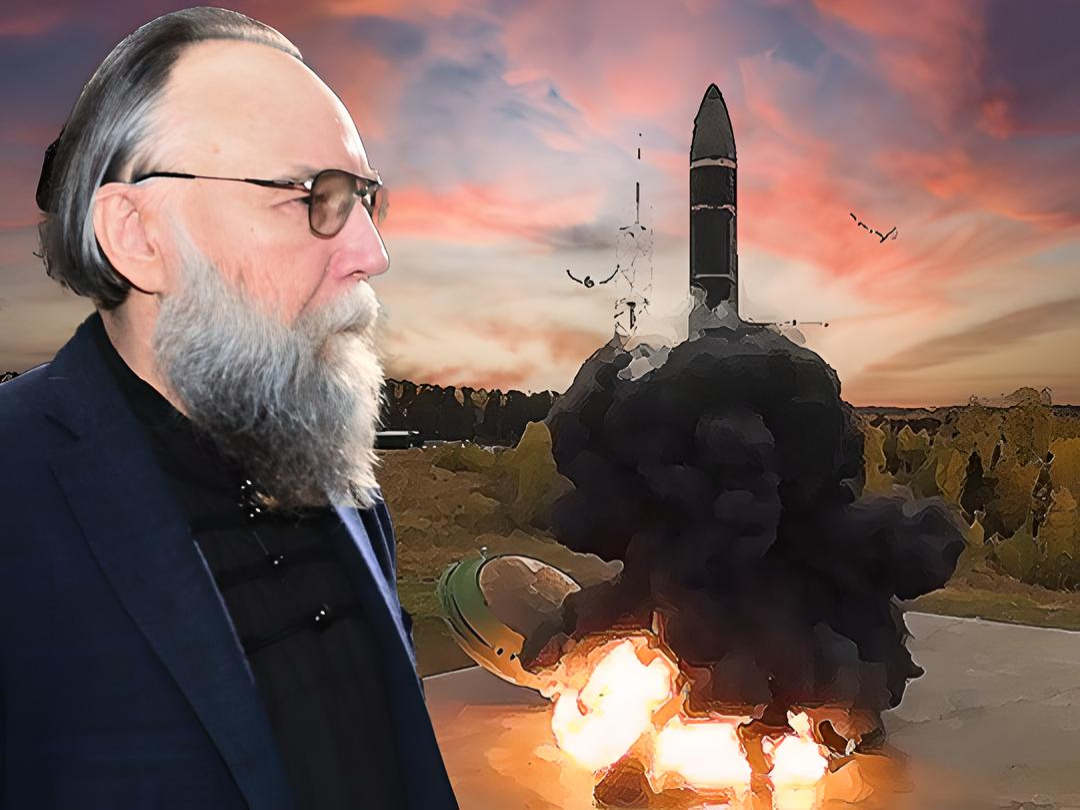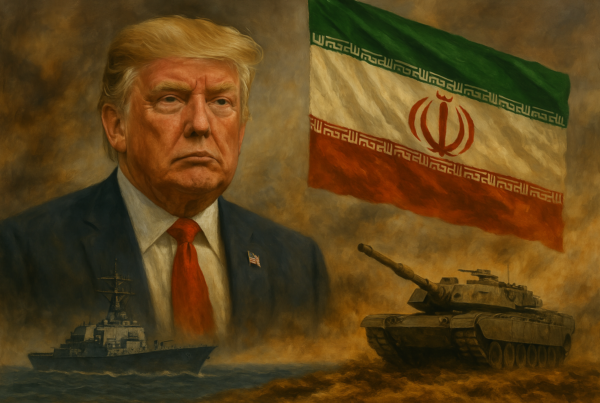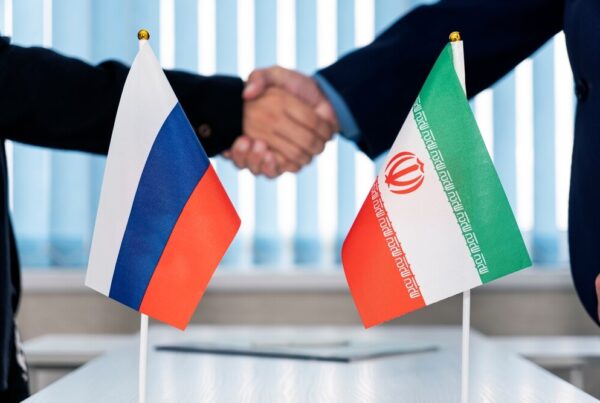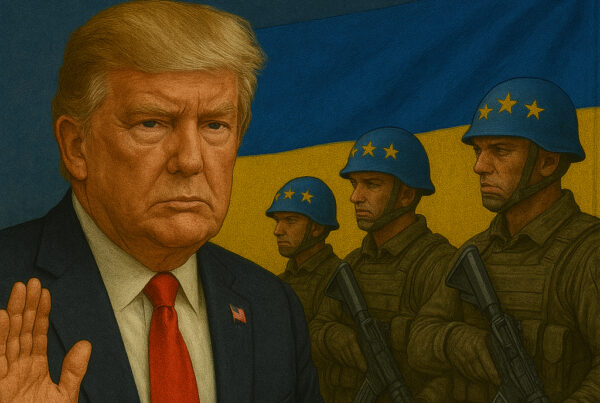Yesterday’s session of the permanent meeting of the Russian Security Council, during which Vladimir Putin announced amendments to our country’s nuclear doctrine (“Fundamentals of State Policy in the Field of Nuclear Deterrence”), is an extremely important event. The most significant aspect here is the following innovation introduced into the nuclear doctrine: participation in aggression against Russia by any non-nuclear state, if supported by a nuclear state, will be considered a joint attack on the Russian Federation.
This is a fundamental point, according to which our President, as Supreme Commander-in-Chief, now not only retains the right to use nuclear weapons. In the event that our country is attacked by a non-nuclear state with the support of a nuclear state, he is not only entitled to respond according to the full logic of nuclear deterrence but is obligated to do so.
Now, let us consider: is this about the future or the present? Right now, we are witnessing an act of direct aggression against the Kursk region. An invasion by hostile, non-nuclear Ukraine, supported and directly assisted by a nuclear state. This means a joint act of aggression against the Russian Federation by NATO, the United States, and Ukraine.
Of course, at the same time, there are also four other entities that have reunited with Russia, against which Ukraine is committing aggression. However, in the case of the Kursk region, we now have not only the right but also the obligation to enter into a war with NATO. The same now applies to any encroachment on the territorial integrity of Belarus, our strategic partner in the Union State.
In other words, from the moment the new version of the nuclear doctrine is adopted, it must be acknowledged that Russia is in a state of war with NATO. There is concrete evidence of aggression against Russia by the Ukrainian regime, with the support of a nuclear state. Whether we like it or not, according to our nuclear doctrine, we are now obligated to enter into a full-scale conflict with NATO and the United States.
Let me repeat, this is more than serious. Essentially, we have placed ourselves in a situation where entering into a war is inevitable. And not in hypothetical situations that may arise someday, but in circumstances that are already a well-known fact.
Therefore, today, to prevent a nuclear apocalypse, that is, a direct nuclear confrontation between Russia and NATO, there is only one solution. The immediate withdrawal of Ukrainian troops from the Kursk region. Immediate, because any continued presence there, with the continued support from the US and NATO, is simply the inevitable start of a nuclear war. Not because we decided so but because we have adopted such amendments to our nuclear doctrine.
Yes, of course, many will now try to soften this rigidity. But the essence is that this is no longer just “red lines” but effectively a decision for nuclear Armageddon. In any other documents, including the National Security Strategy, the amendments might still be interpreted differently. But when such a clause is adopted in our nuclear doctrine, we leave ourselves no choice.
Yes, this is a very serious move and a very serious document. What happened yesterday is probably a turning point in history. Because under the current circumstances, we can no longer avoid direct confrontation with NATO.
(Translated from the Russian)





